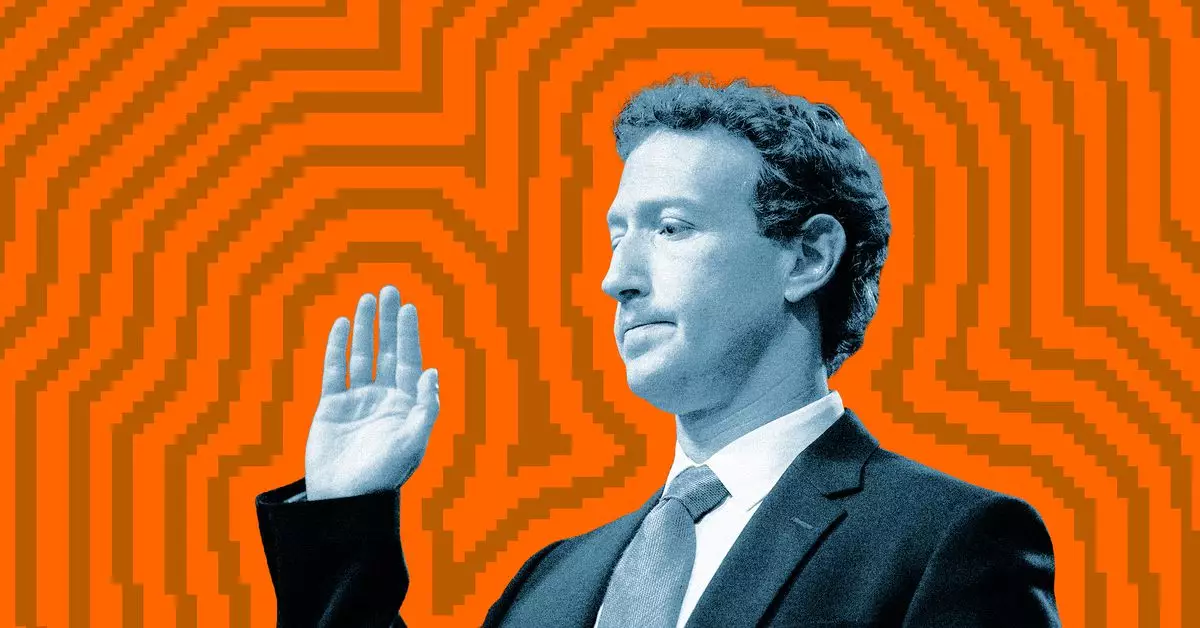In an era where technology and politics increasingly intertwine, high-profile meetings between leaders from both spheres grab headlines for myriad reasons. A notable example occurred recently when Mark Zuckerberg, CEO of Meta, dined with President-elect Donald Trump at Mar-a-Lago. This encounter raises questions about the implications of such relationships as the nation grapples with the complexity of political influence in the tech industry. Andy Stone, a spokesperson for Meta, emphasized the importance of this time for American innovation, suggesting that collaborations between tech leaders and political figures could shape future policies and regulations surrounding technology.
The discussion around Zuckerberg’s meeting can’t be divorced from the critical scrutiny social media companies have faced in the wake of the 2020 presidential election. Critics argue that platforms like Facebook, under Zuckerberg’s stewardship, wield considerable influence over the democratic process. They point to the company’s role in the distribution of misinformation and manipulation, fostering a narrative that there is a direct responsibility tied to the outcomes of elections. The attention surrounding Zuckerberg has been compounded by calls from various quarters for accountability, leading some to advocate for severe repercussions, including incarceration for his actions during this pivotal electoral period. Such sentiments highlight a growing frustration among the public regarding the perceptions of bias and accountability within the technology sector.
Zuckerberg’s decision to engage directly with political leaders highlights a fundamental tension within the tech industry: the dual responsibility of fostering innovation while also maintaining ethical standards in governance. While Zuckerberg, at times, has faced claims asserting that his platform has endangered the democratic process, his public appearances’ contexts are significant. Engaging with Trump, especially in a private setting, can be seen as a strategic move to align with political power, securing a more favorable operating environment in the future as legislation evolves.
As Meta continues to navigate these controversies, the outcomes of such meetings are far-reaching for tech policy in America. The tech realm is increasingly under a magnifying glass, and as political leaders recognize technology’s pervasive influence, the likelihood of stricter regulations looms larger. The conversations sparked by this dinner could set the stage for future collaborations aimed at addressing concerns about misinformation, privacy issues, and the ethical implications of innovation.
Zuckerberg’s recent dinner with Trump may serve as a symbolic representation of the evolving relationship between technology and politics. As the boundaries between these sectors continue to blur, leaders like Zuckerberg must navigate a complex landscape of innovation, accountability, and governance. The implications of such meetings will shape public discourse, influence policy-making, and redefine the responsibilities of tech giants in the years to come. Tech leaders must leverage these relationships wisely, for the path forward demands a balance between technological advancement and ethical governance.


Leave a Reply